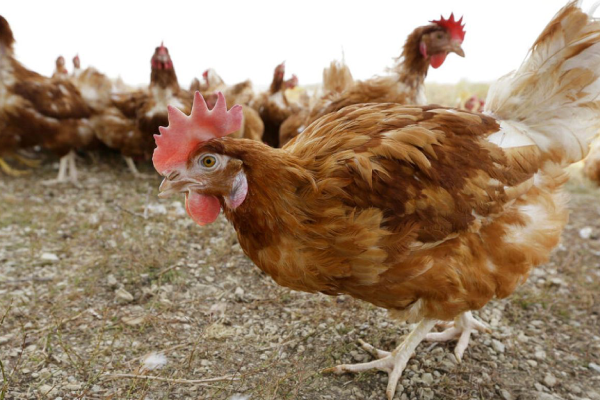Authorities in the Czech Republic intend to slaughter all 750,000 hens on a poultry farm that is at the epicenter of the country’s biggest bird flu epidemic to date as the disease spreads between cities.
The farm, which is 150 km (90 miles) west of Prague, reported its first case of bird flu last week in one of its three halls. On Tuesday, authorities started making plans to kill up to 220,000 birds.
However, a further spread on the farm prompted the State Veterinary Administration (SVS) of the Czech Republic to decide to kill every bird there, the SVS reported on Wednesday.
“Despite measures taken and other efforts, it was not possible to prevent the spread of the highly contagious poultry disease to further halls and the whole farm will have to be culled.”
The virus can be transmitted to humans in contact with poultry, but experts say the health risk to humans is low.
Czech authorities have required poultry farms to keep flocks indoors since November, but it has seen an uptick in cases in recent weeks.
Bird flu is pressuring already high food prices and triggering trade restrictions from countries that import poultry.
A record number of chickens, turkeys and other birds have died in outbreaks in the United States and Europe, and the virus is spreading in South America, Africa and Asia.
The virus can be spread to humans through contact with birds, although researchers believe the risk to human health is negligible. Since November, Czech officials have mandated poultry farms to keep flocks indoors, although there has been an increase in incidents in recent weeks.
Bird flu is putting additional pressure on already high food costs and prompting trade restrictions from countries that import chicken. In outbreaks in the United States and Europe, a record number of chickens, turkeys, and other birds have died, and the virus is spreading in South America, Africa, and Asia.





